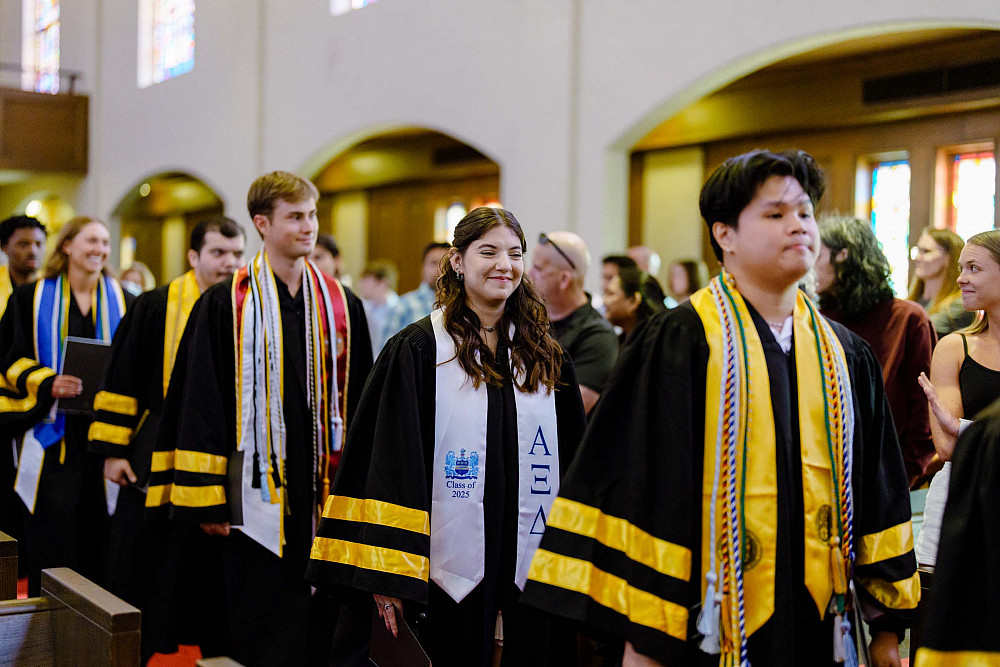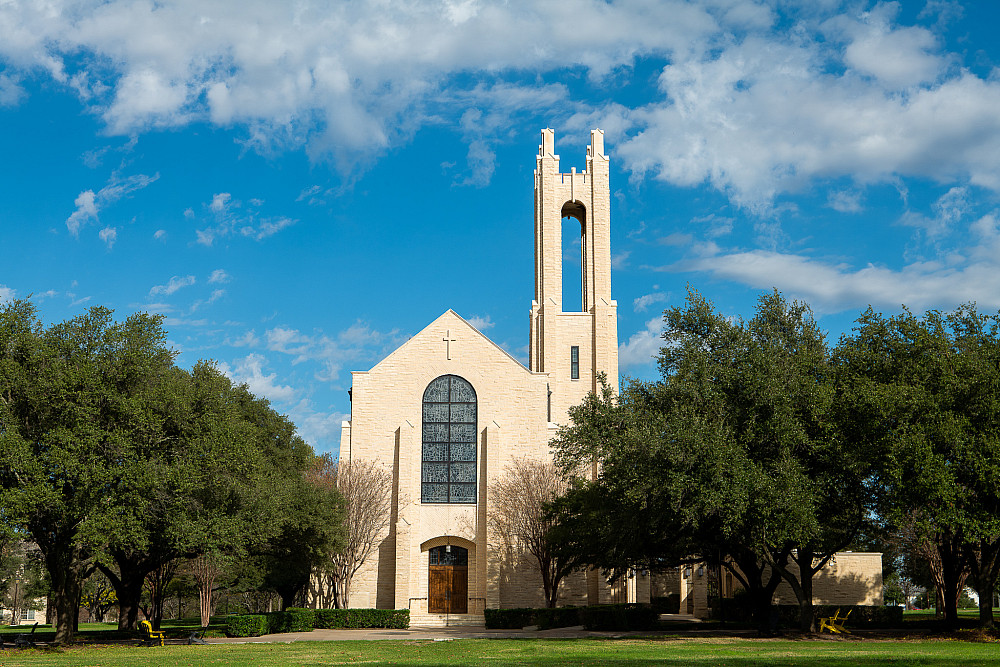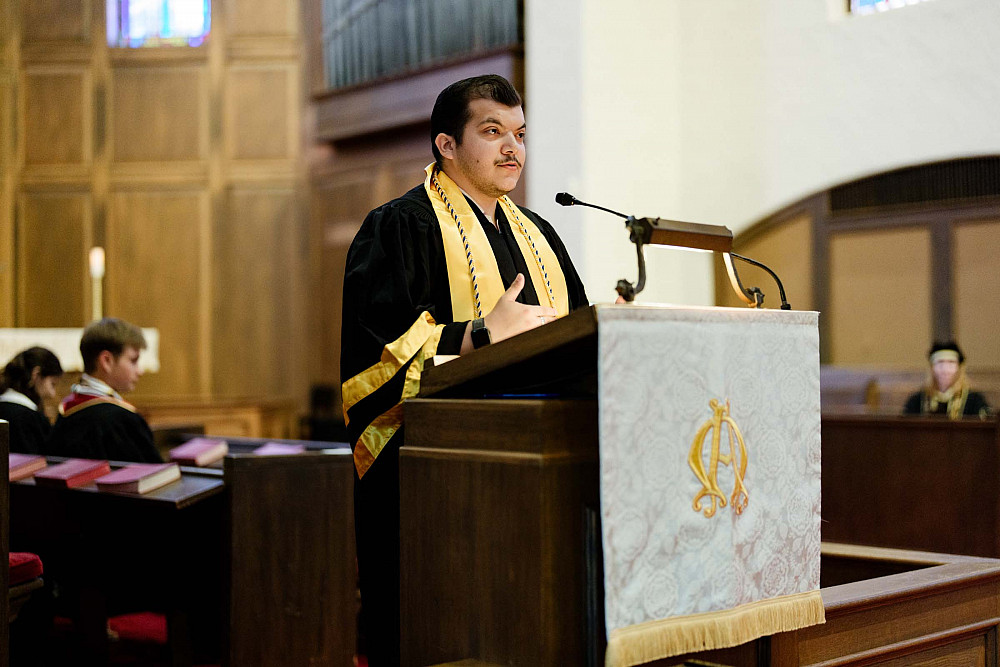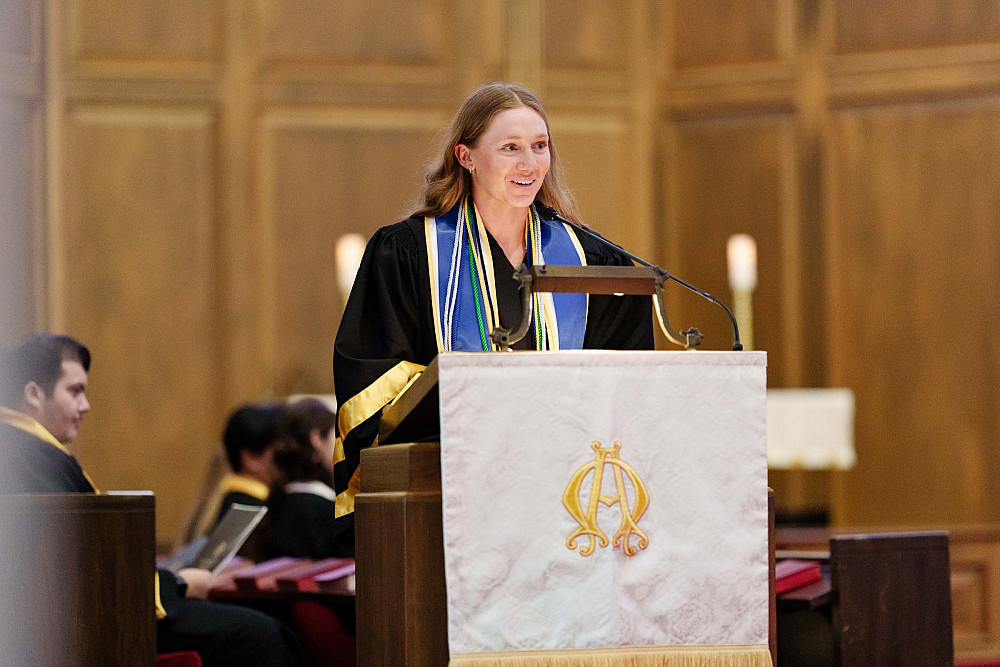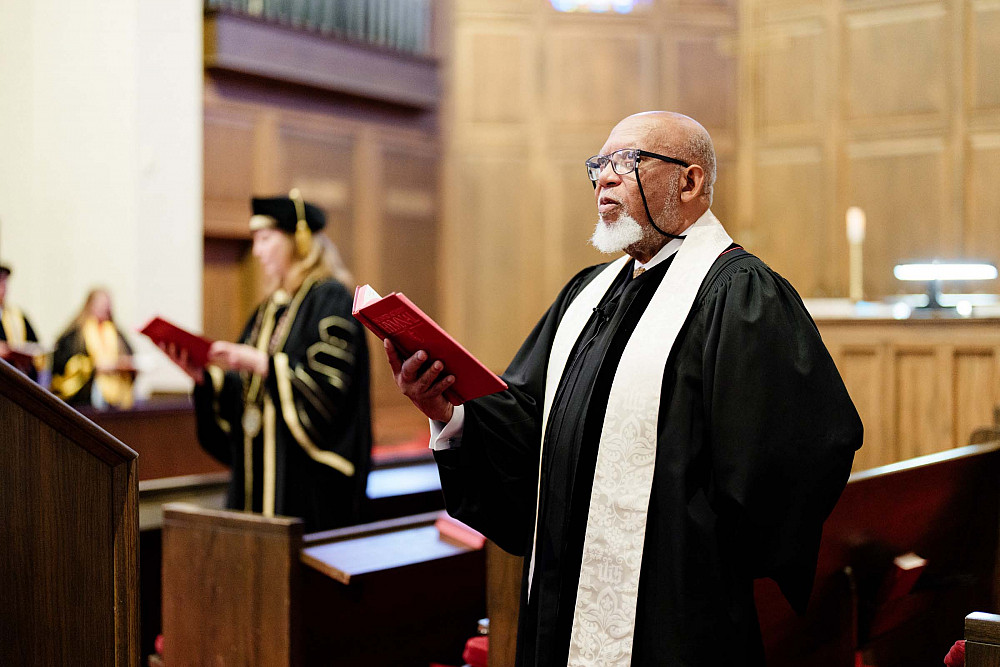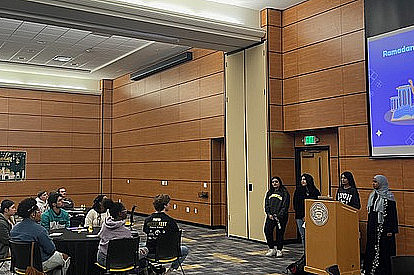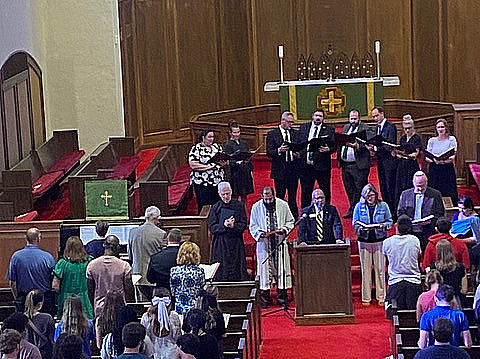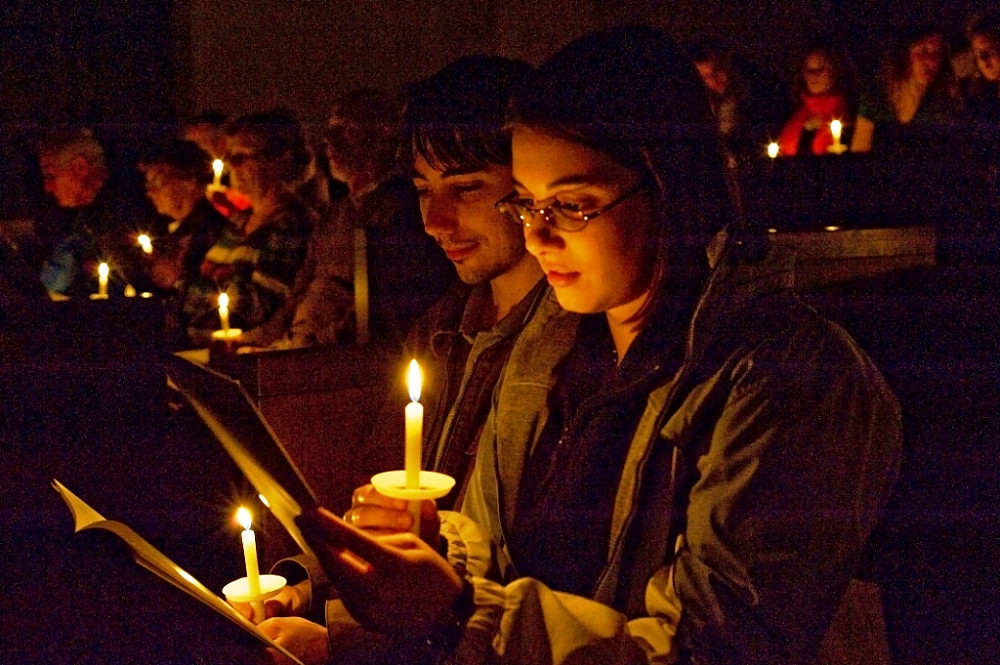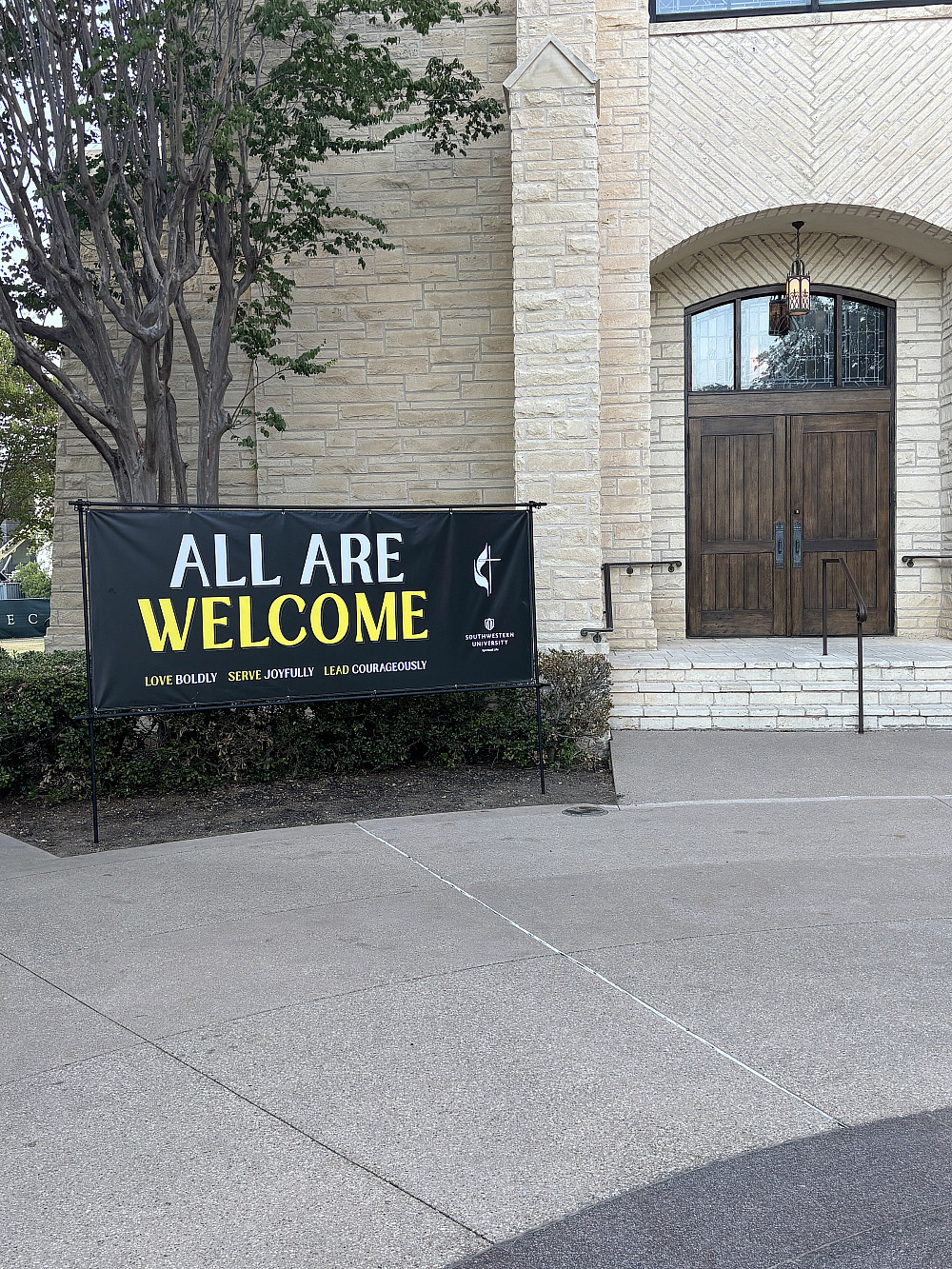Southwestern University
Spiritual Life
Whose values and actions encourage contributions to the well-being of humanity.
Our Welcoming Community
Southwestern University graciously welcomes all members of the University Community.
We are a diverse community composed of members from various faith traditions or no
faith traditions. Our students, faculty, and staff identify as Agnostic, Atheist, Bahai,
Baptist, Buddhist, Roman Catholic, Episcopal, Hindu, Jewish, Muslim, Presbyterians,
United Methodist as well as non-denominational Christians. Some do not identify with
any faith tradition.
Although, we come from diverse spiritual backgrounds, we respect the worth and dignity
of all persons, while at the same time being true to ourselves. In our liberal arts
community, we strive to listen to one another in order to learn ways in which our actions
can contribute to the well-being of humanity. ALL are welcome and ALL are loved.
Within this welcoming community, you are encouraged to strengthen your own faith; ask
tough questions; listen deeply to learn about the traditions of others; and take actions
that make the world better for the well-being of ALL humanity.
















